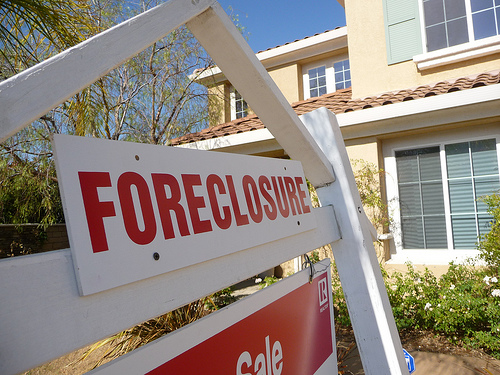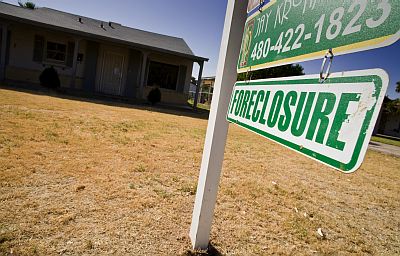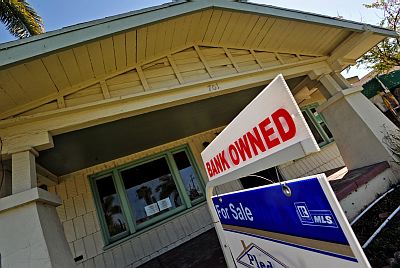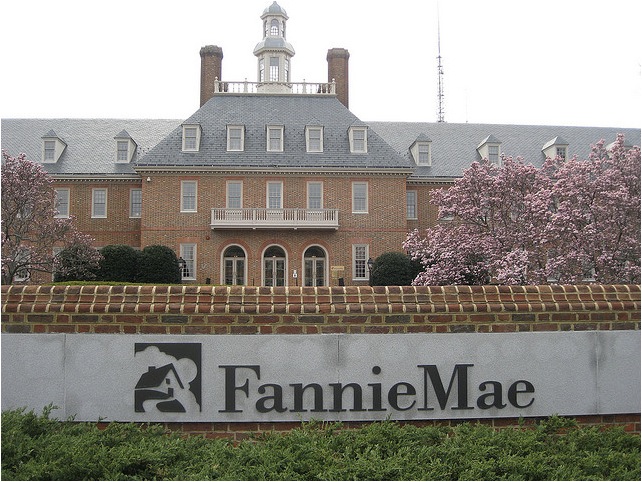
Flickr/respres
As part of their decision to cut all ties with the Law Offices of David J. Stern, the controversial foreclosure law firm and subject of a MoJo investigation in August, Fannie Mae and Freddie Mac have seized documents from the Stern firm in southeastern Florida, the Wall Street Journal reports today. “We have begun taking possessions of all files on Freddie Mac mortgages simply to protect our interest in those loans as well as those of the borrowers,” a Freddie spokeswoman told the Journal, citing “concerns about some of the practices at the Stern firm.”
As I’ve reported, the Stern firm has been at the center of the latest foreclosure debacle, facing scrutiny from not just Fannie and Freddie but also the Florida attorney general and Congress for its practices. Several major Wall Street clients, who previously sent the firm tens of thousands of foreclosure cases, have since severed ties with the firm, a multimillion-dollar, assembly line-like operation often dubbed a “foreclosure mill.”
That Stern’s firm faces such scrutiny isn’t surprising, given the growing accusations of sloppy legal work and even alleged fraud by ex-employees, foreclosure defense attorneys, and judges. As I wrote in August,
Backdated documents, according to a chorus of foreclosure experts, are typical of the sort of shenanigans practiced by a breed of law firms known as “foreclosure mills.” While far less scrutinized than subprime lenders or Wall Street banks, these firms undermine efforts by government and the mortgage industry to put struggling homeowners back on track at a time of record foreclosures. (There were 2.8 million foreclosures in 2009, and 3.8 million are projected for this year.) The mills think “they can just change things and make it up to get to the end result they want, because there’s no one holding them accountable,” says Prentiss Cox, a foreclosure expert at the University of Minnesota Law School. “We’ve got these people with incentives to go ahead with foreclosures and flood the real estate market.”
Stern’s is hardly the only outfit to attract criticism, but his story is a useful window into the multibillion-dollar “default services” industry, which includes both law firms like Stern’s and contract companies that handle paper-pushing tasks for other big foreclosure lawyers. Over the past decade and a half, Stern (no relation to the NBA commissioner) has built up one of the industry’s most powerful operations—a global machine with offices in Florida, Kentucky, Puerto Rico, and the Philippines—squeezing profits from every step in the foreclosure process. Among his loyal clients, who’ve sent him hundreds of thousands of cases, are some of the nation’s biggest (and, thanks to American taxpayers, most handsomely bailed out) banks—including Wells Fargo, Bank of America, and Citigroup. “A lot of these mills are doing the same kinds of things,” says Linda Fisher, a professor and mortgage-fraud expert at Seton Hall University’s law school. But, she added, “I’ve heard some pretty bad stories about Stern from people in Florida.”
At the same time, Stern’s NASDAQ-traded company, DJSP Enterprises, a non-legal foreclosure processing company, has seen its value plummet. Today, DJSP’s stock is trading at around 87 cents, down from $6 in June. The company has also been shedding employees at a rapid clip, having laid off hundreds of employees in the past few weeks.















